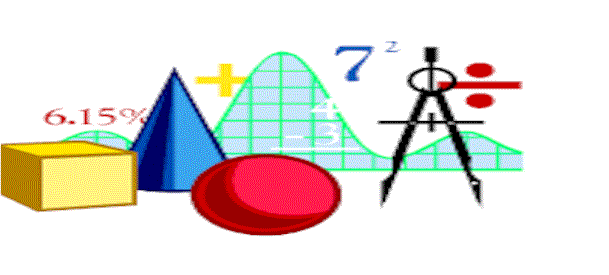
time

|
time
|
The time function returns the Julian time fraction for the given time of day.
The time function also converts a time specified in text form into a Lambda
Information Server Julian time fraction that can be used in time calculations.
The Julian time fraction ranges from 0 (12:00:00 AM) to 0.99999999 (12:59:59 PM).
Usage The time function is used to extract the time component from a
Date/Time object.
(time hours minutes seconds) (time dateObj) (time dateStr) (time Julian-date ) An Integer that represents the minute component of the argument
Expression:
Arguments
Name
Type
Description Argument: hours Integer
A value from 0 to 23 representing the number of hours. Argument: minutes Integer
A value from 0 to 60 representing the number of minutes. Argument: seconds Integer
A value from 0 to 60 representing the number of seconds. Argument: dateObj Date
An Analytic Information Server Date object Argument: dateStr String Text
A Date represented as a String in the form "hh:mm:ss AM/PM" where hh is the number
of hours (0-24), mm in the number of minutes (0-60), ss is the optional number
of seconds (0-60) and AM/PM optionally specifies morning or afternoon. If you use
12 hour time, you must include AM or PM; if you use 24 hour time, do not include
AM or PM. Argument: Julian-date Date
A Julian date with a fraction extension representing the time for that date.
The first two digits after the decimal point in the serial number correspond to a
fraction of a 24 hour day. For example 0.00 corresponds to 12:00 AM; 0.25 corresponds
to 6:00 AM; 0.50 corresponds to 12:00 Noon and so on.
Returns:
Here are a number of links to Lambda coding examples which contain this instruction in various use cases.
Here are the links to the data types of the function arguments.
| Number | Date | String | Text |
| Integer |
Here are also a number of links to functions having arguments with any of these data types.

|
Analytic Information Server (AIS)AIS Component Systems
|